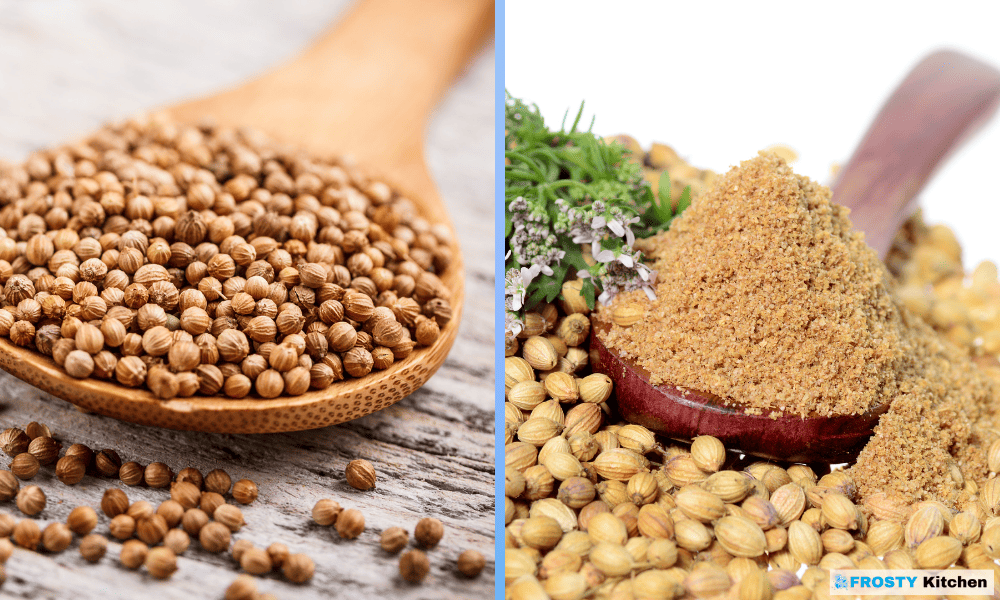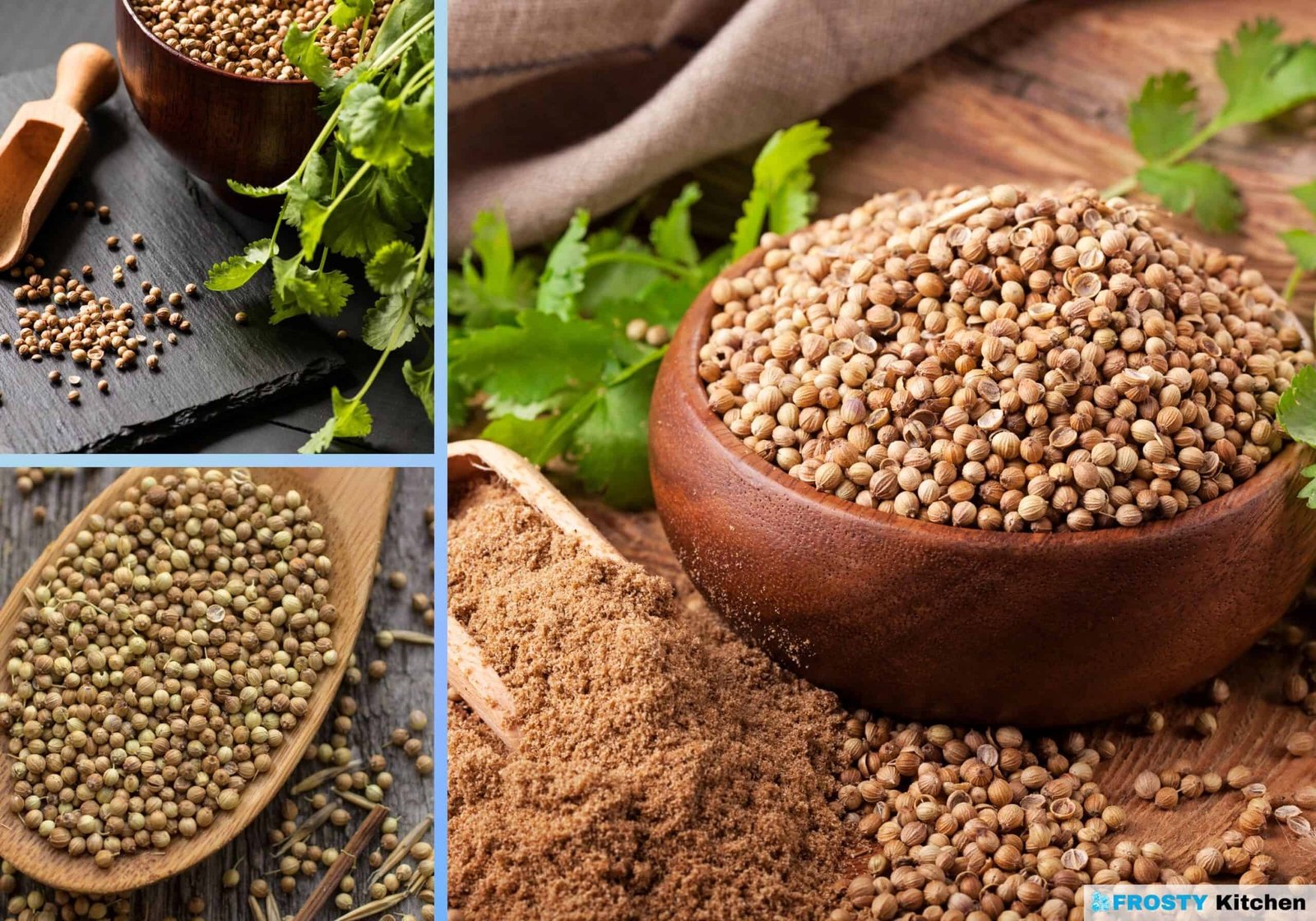Coriander seeds, the fruit of the Coriandrum sativum plant, are a vital ingredient in numerous culinary traditions worldwide. Known for their sweet, citrusy flavor, these seeds have been utilized in cooking and medicine for thousands of years. Freezing coriander seeds is a proficient way to extend their shelf life while preserving their aromatic essence. This article explores the origins, benefits, and a detailed guide on freezing coriander seeds effectively.
What is Coriander Seeds?
Coriander seeds are the dried fruit of the Coriandrum sativum plant, which also produces cilantro leaves. These seeds are known for their sweet, lemony flavor and are often ground into a powder or used whole in a variety of dishes.
Origin and History
- Coriander is one of the world’s oldest spices, with records of its use dating back to 5000 BC. It was well-known to ancient Egyptians and Greeks and was found in the tomb of Tutankhamun.
- Over centuries, the use of coriander seeds spread across Europe and Asia, becoming a common ingredient in many regional cuisines. Today, India, Morocco, and the Netherlands are among the leading producers of coriander seeds.
Nutritional Value
- Coriander seeds are a good source of dietary fiber, antioxidants, and a variety of vitamins and minerals including vitamin C, calcium, and magnesium.
- They also contain linalool and geranyl acetate, compounds that have been associated with numerous health benefits including digestive and anti-inflammatory properties.

Benefits of Freezing Coriander Seeds
Freezing coriander seeds presents several advantages:
- Preservation of Aroma and Flavor: Freezing helps retain the aromatic essence and flavor of coriander seeds.
- Extended Shelf Life: Freezing extends the shelf life of coriander seeds, ensuring a steady supply for your culinary needs.
- Maintaining Freshness: Properly frozen coriander seeds remain fresh and ready for use in a variety of recipes.
Preparing Coriander Seeds for Freezing
- Packaging: Utilize airtight, freezer-safe containers or vacuum-sealed bags to maintain the freshness of coriander seeds and prevent exposure to moisture.
- Portioning: Divide coriander seeds into usable portions for easy retrieval.
Step-by-Step Guide to Freezing Coriander Seeds
Freezing coriander seeds is a practical approach to maintain their aromatic and flavorful qualities. The methods described here aim to ensure the quality and freshness of coriander seeds for an extended period.
Method 1: Freezing Without a Vacuum Sealer
- Preparation: Ensure coriander seeds are clean and dry.
- Storage: Transfer coriander seeds into airtight containers or sealed plastic bags.
- Freezing: Position the containers or bags in the freezer, ensuring they lay flat for uniform freezing.
Method 2: Freezing With a Vacuum Sealer
- Preparation: Same as Method 1, ensure coriander seeds are clean and dry.
- Vacuum Sealing: Place coriander seeds in vacuum seal bags, use a vacuum sealer to remove all air, and then seal the bags.
- Storage: Label the bags with the date and place them in the freezer.
Refreezing Coriander Seeds
Refreezing coriander seeds is not advisable as it could lead to a loss of freshness and possibly affect the flavor.
Storage Duration and Factors Affecting it
- Duration: Frozen coriander seeds can be stored for up to 6 months, depending on various factors.
- Factors: Factors like the initial freshness of coriander seeds, the method of freezing, and the consistency of the freezing temperature can affect the storage duration.
Frequently Asked Questions
Q1: How can I use frozen coriander seeds?
- Frozen coriander seeds can be used directly from the freezer. They can be ground into powder or used whole in various recipes, imparting a sweet, lemony flavor to the dishes.
Q2: Do coriander seeds lose their flavor over time?
- Yes, like many spices, coriander seeds can lose their flavor over time, especially when exposed to air, light, or moisture. However, proper storage methods like freezing can significantly slow down this process and preserve their flavor.
Q3: Can I grind coriander seeds before freezing them?
- It’s preferable to freeze coriander seeds whole as grinding can expose more surface area to air and potential moisture, which may expedite the loss of flavor and potency.

